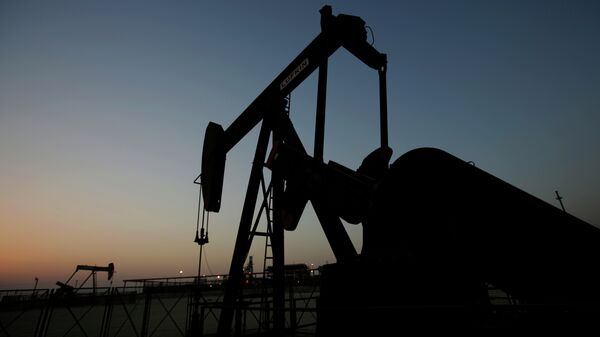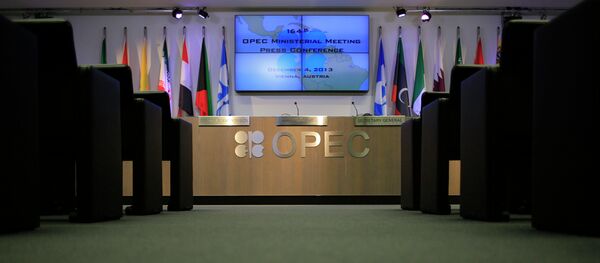McConnell’s comments come amid the proposal to freeze oil production by Russia, OPEC and some non-OPEC countries to raise the current low oil prices.
"I think there are a lot of things that are changing in all parts of the world that we live in, and I think that markets and access to capital are much more strongly going to drive oil prices than any consideration of a freeze or restriction on supply. I think those artificial situations are not likely to be anywhere near as impactful as we remember them to be from days gone by," he stated.
The former energy official claimed that one of the reasons for this change is a "fundamental" mistrust among many Middle Eastern countries on politics far beyond oil production, especially when it comes to Iran and Saudi Arabia.
"You have two players in the market such as Iran that really have no fundamental connection to anything that had previously gone on, and so that’s a wild card," McConnell explained. "I think the Saudis have decided that no longer are they going to subsidize higher cost oil than anywhere else in the world by cutting their own market share. They are not going to do that."
Earlier in February, Saudi Arabia, Russia, Qatar and Venezuela signed the so-called Doha deal to freeze output at January levels throughout 2016. Doha participants have urged all oil producers, both members of the Organization of the Petroleum Exporting Countries (OPEC) and non-OPEC states, to join the deal.
So far, the agreement has been endorsed by Iran, Ecuador, Algeria, Nigeria and non-OPEC member Oman.



